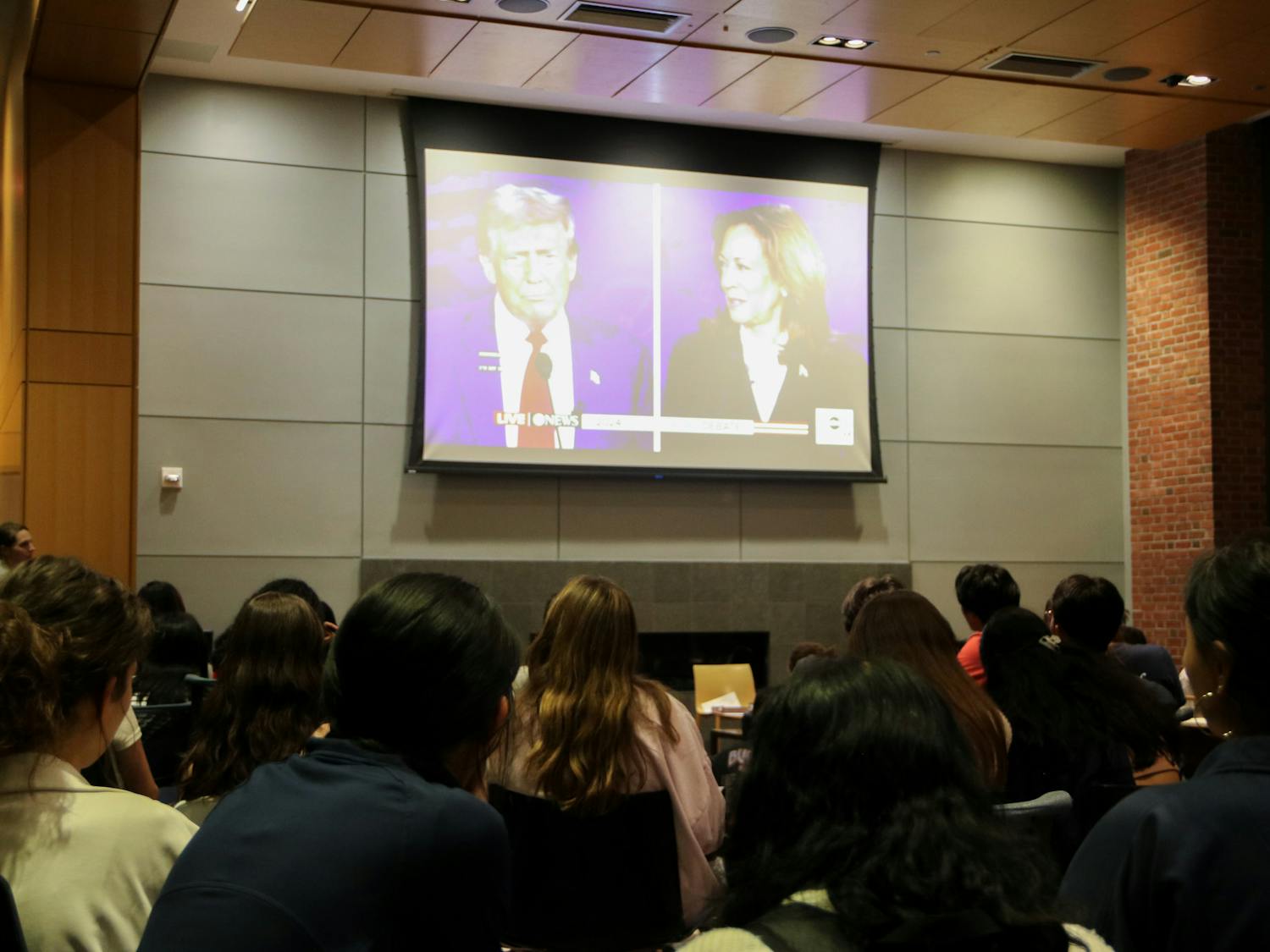Recently, Georgia state Senator Seth Harp caused an uproar in the community of higher education by proposing that two of the state's historically black colleges be merged with predominantly white ones. Specifically, his resolution stipulates that Savannah State University and Albany State University (both historically black public schools) be merged with the predominantly white colleges, Armstrong Atlantic State University and Darton College, respectively.
Harp justifies the decision by claiming that historically black colleges and universities (HBCUs) are unconstitutional, and that merging them with the nearby majority-white schools would resolve financial problems stemming from the economic crisis.
Although the senator's second point may be partially correct, his assertion that HBCUs are unconstitutional is dead wrong. Unlike the "separate but equal" public-school systems of the Jim Crow era, HBCUs do not deny admission to non-black applicants nor do they offer preferential treatment for black students. The mere fact that the institution is predominantly black does not make it constitutionally invalid.
By that logic, all schools with student bodies made up of mostly non-white students should be shut down. Obviously, this line of reasoning would present quite a quandary in 2042, when ethnic minorities are slated to become the majority of the U.S. population. Furthermore, it is a bit hypocritical to make a fuss about majority-minority institutions, because the overwhelming majority of colleges and universities in the U.S. have one predominant race - white.
In line with the ongoing debate over the constitutionality of HBCUs, not only are HBCUs constitutional and non-discriminatory, but they also serve a critical function for students looking for more than just education. "When I was in college, we had Thanksgiving dinner at the President's house, and we were always invited over to our professors' homes," said Jameel Scott, a current student at Penn's Graduate School of Education and an alumnus of the historically black Morehouse College. "Now that I'm here [at Penn], I don't feel that same sense of community."
Supporters of HBCUs worry most about losing this sense of community when mergers are proposed, even though in this case Harp said that the newly combined institutions will bear the names of the HBCUs. According to GSE professor Marybeth Gasman, at HBCUs, "You have role models and mentors that are African-American, and [advocates] are worried that if there's a merger, the character would be lost."
Scott agrees with this sentiment, adding that HBCUs create a safe space that empowers its students. "In the media and in society, you hear things like, all black men go to jail, but these stereotypes aren't as prevalent at an HBCU. . It gave us more pride and hope for black achievement."
As a matter of fact, HBCUs do more than just provide hope. Over half of all black professionals are graduates of HBCUs, making them an important tool in leveling inequalities.
As for Harp's second argument, it's quite possible that his proposal will indeed reduce operating costs and alleviate some of the institutions' financial worries. Unfortunately, history would indicate that such moves usually have unpleasant consequences. Specifically, "in the past, when black and white institutions were merged, the black administrators ended up losing their jobs and the white administrators ended up keeping their jobs," Gasman said.
But even if the mergers could be performed without any racially biased retention decisions, there's still the question of why these schools were selected. If the goal in mind is reducing the expenditure on public education, then why aren't Georgia lawmakers looking to merge non-HBCUs with non-HBCUs? Why don't they look at other places within public universities where they can cut costs? After all, the University of Georgia's athletics expenditures alone exceeded Albany State University's total expenses by more than $30 million.
Therefore, Harp's decision to target HBCUs as prime areas for cost reduction not only brings up questions of racial bias, but also fails to come close to resolving the University System of Georgia's financial concerns. The benefits of saving money by merging these universities are far outweighed by the costs of depriving the HBCU students of empowering, supportive communities. It doesn't matter that the newly merged schools would still be called Albany State and Savannah State. This proposal would create predominantly white schools that are HBCUs in name only.
Lisa Zhu is a College and Wharton senior from Cherry Hill, NJ. Zhu-ology appears on Thursdays. Her email address is zhu@dailypennsylvanian.com.








